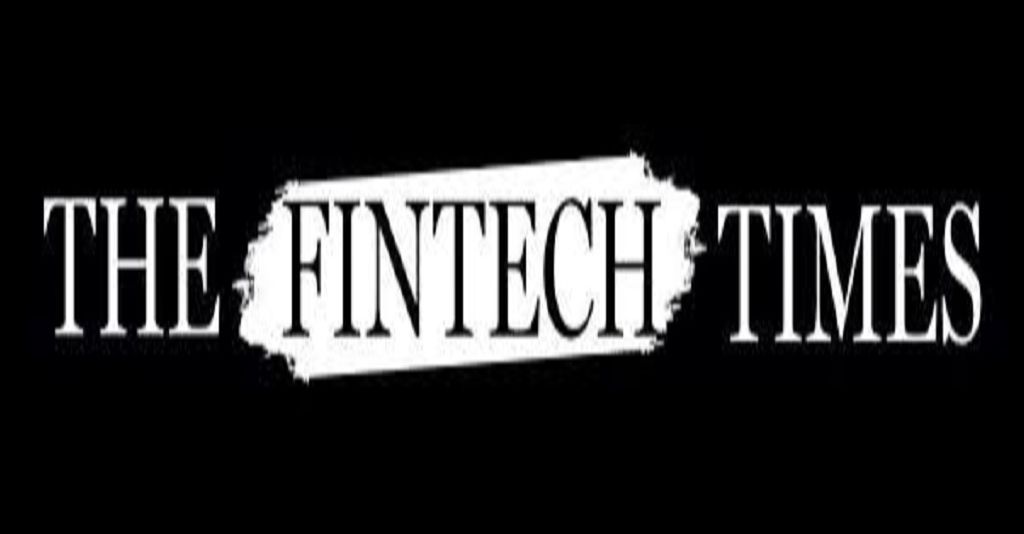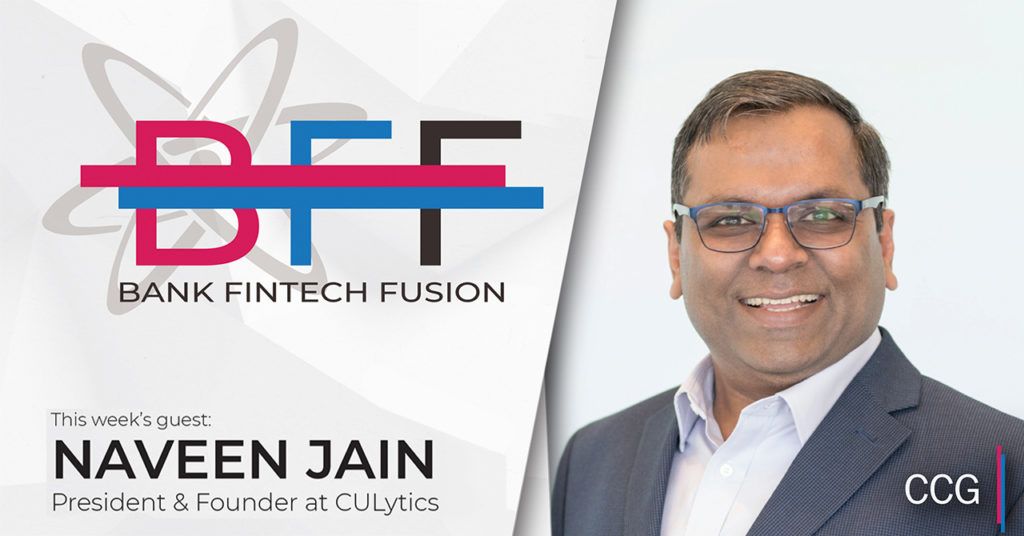Utah Becomes the Third State to Establish a Fintech Sandbox
Utah has joined Arizona and Wyoming in establishing a fintech sandbox, a tool for financial innovators to create new products while being partially shielded from regulatory issues.
Arizona led the way in setting up a sandbox in March 2018 to attract financial technology innovators to the Grand Canyon State, following the lead set by nations such as Australia, the United Kingdom, Singapore, and the United Arab Emirates. Wyoming followed soon after, but its program will not be fully launched until 2020. Utah joining now means three contiguous states in the American West are leading the way in creating a fintech-friendly environment for developers.
On Tuesday the Utah Department of Commerce announced legislation known as HB378 allowing tech companies to apply for an exemption when establishing a business in the state. The primary benefit of the exemption is the ability to test products without attaining a state or national license.
Utah’s legislation follows Arizona’s HB2434 closely. The Arizona law limits companies to 10,000 customers, Arizona residents, in their testing phase. The program is limited to 10 years and will sunset in 2028 unless renewed. Each participant is allowed to operate under the protection offered by the sandbox for up to two years. At the end of that period, participants must seek the appropriate license to continue operating.
Utah state representative Marc Roberts said his state’s legislation would also provide protection for blockchain companies. (Arizona’s legislation does not specifically mention blockchain.) Utah defines blockchain technology as “the use of a digital database containing records of financial transactions, which can be simultaneously used and shared within a decentralized, publicly accessible network and can record transactions between two parties in a verifiable and permanent way.”
Being exempted from regulatory requirements does not mean participants can act freely – applicants in Arizona must submit to the Attorney General’s office a detailed plan for consumer protection plan describing marketing efforts and identifying risks and measures to manage those risks appropriately. Applicants must retain careful records and alert the state when testing new features.
In both states the sandbox is not limited to startups. Established companies can benefit from its protections as well. In theory this allows legacy companies the ability to experiment more freely with product testing.
The Arizona law also allows for reciprocity, empowering the state to enter into agreements with other states or other countries to extend protections for sandbox participants in those areas. The U.S. is criticized in fintech circles for obstructing innovation by requiring companies to obtain licenses in each state to, for example, transmit money.
Obtaining all 50 state licenses takes years and costs millions of dollars, constituting a significant barrier to innovation. This is one reason fintech companies look to bank partnerships rather than striking out on their own. Reciprocity is embedded in the E.U.’s regulatory framework, so a fintech startup can be established in Lithuania but acquire customers in Italy. The fintech sandboxes may help extend this kind of freedom to American financial technology companies.
Randy Boyle, an associate professor of information systems in the John Goddard School of Business and Economics at Weber State University, told Salt Lake City’s Deseret News that the sandbox model offers significant benefits to companies and consumers alike by allowing new products to be safely tested.
“It provides a lot of benefits to consumers, much like an experimental drug,” he said. “If an experimental drug works, consumers win in a big, big way.”
Arizona’s program has so far admitted six of more than a dozen applicants without widespread marketing. The huge costs in salary and office space facing startups in New York and California could make these western states attractive homes for new companies and products. The benefit could extend to banks in those jurisdictions as well.
The sandbox could allow banks and other corporations to observe innovative product development up close, and help shepherd that innovation into regulatory reality.
Subscribe to CCG Insights.







